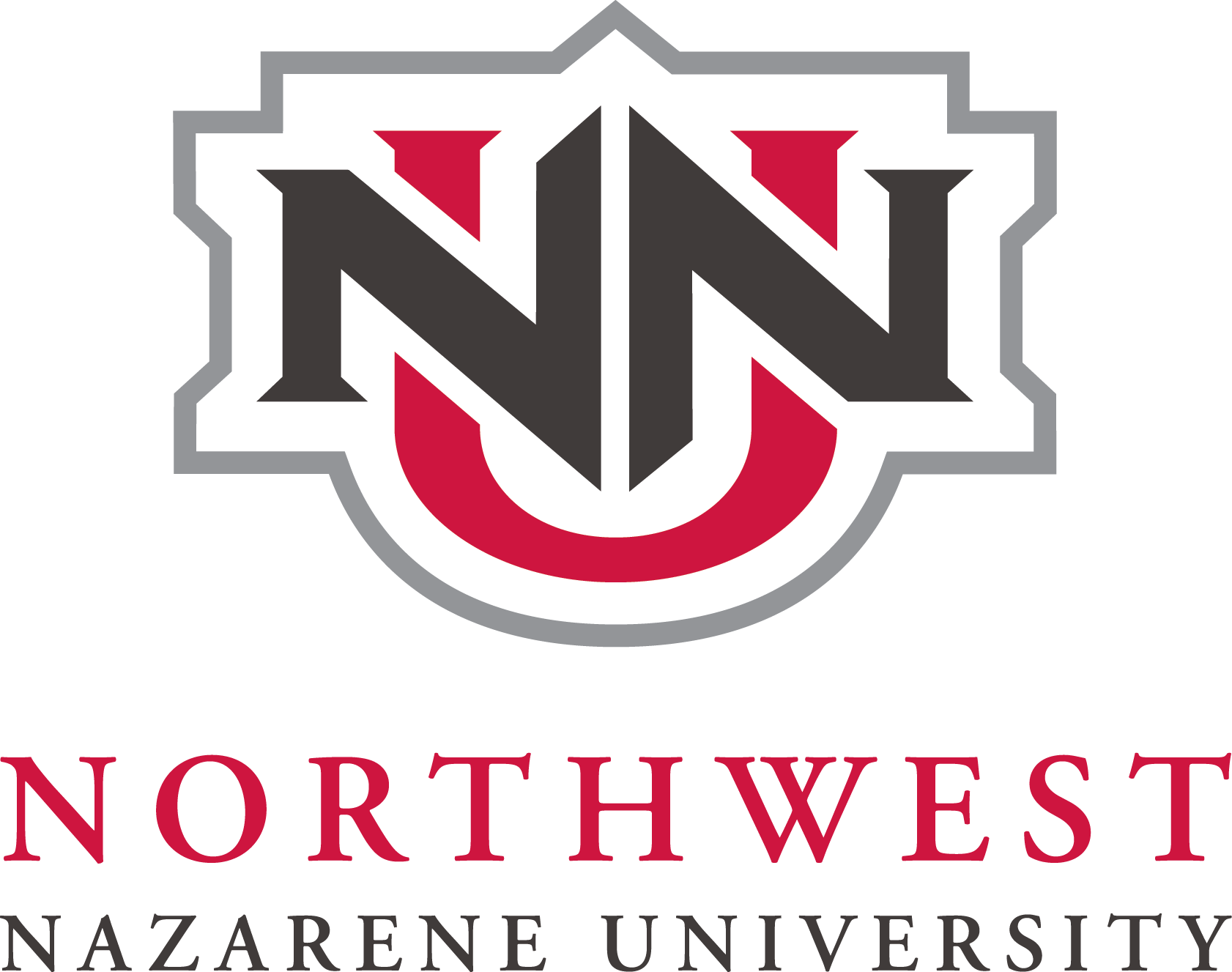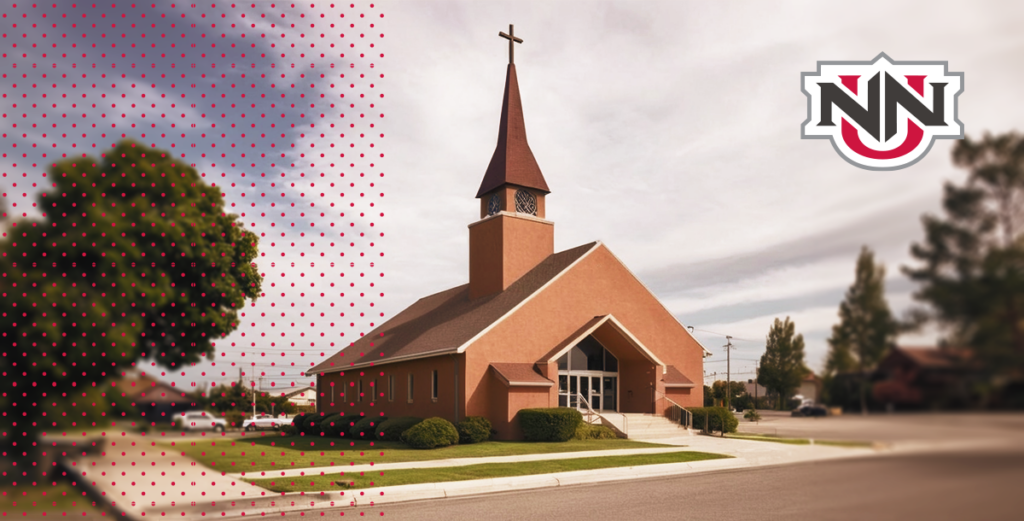By: Jay Richard Akkerman, Assistant to the President for Congregational Engagement, NNU Office of University Mission & Ministry
For those of us in our corner of the Nazarene map, April-June is our district assembly season. That typically means I’m traveling with our president and perhaps a colleague or two across the seven districts on our educational field.
This is always a great time to meet new colleagues, to reconnect with old classmates and former students, to answer questions from laypersons about NNU and to discuss our programs and upcoming events.
A key highlight for me of most district assemblies is an ordination service when women and men, called by God and affirmed by our church, are set apart as elders or deacons.
Even though I’ve been to many dozens of these services over the course of my ministry, I’m still moved by our ordination ritual. While we Nazarenes don’t see ordination as a sacrament, there’s a part of me that can understand how some Christian traditions do.
After all, the service includes covenants that both the congregation and ordinands make in the presence of God. At another point, the general superintendent outlines a litany of responsibilities that are expected of ordained ministers, including the fact that we are called to:
- Serve, not to be served;
- Proclaim the faith of the Church and no other;
- Look after the concerns of God above all;
- Share in the ministry of Christ and of the whole church;
- Preach and teach the word of God;
- Faithfully administer the sacraments of holy communion and holy baptism;
- Lead the people of God in worship and in prayer;
- Lead people to faith in Jesus Christ;
- Invite believers into the experience of total freedom and entire sanctification;
- Give pastoral guidance, offering order to the life of a congregation;
- Give godly counsel to the troubled and distressed;
- Lead the people of God in obedience to Christ’s mission in the world; and
- Seek justice, peace and freedom for all people.
That’s quite a laundry list, and it reminds me that this list isn’t exhaustive. Like the “all other duties as assigned” clause found on many job descriptions today, we’re called to faithful leadership in ways many of us never dreamed.
It’s no wonder that answering God’s call is such a daunting challenge.
But in the same way that a wedding ceremony calls for a loving couple to state both their intentions with the words “I will” and their vows with the words “I do,” ordinands are called upon to respond to a series of doctrinal, practical and personal questions of faith, after which they respond in these ways:
- “I do believe;”
- “I do confess;”
- “I do testify;”
- “I am persuaded;”
- “I will, with the help of God;” and
- “I promise.”
Much like a wedding couple, ordinands pledge both their future intentions as well as their current commitments.
If you’re at all like me, these moments take me back to my own ordination and those holy moments when God’s calling on my life was affirmed by our church. But we’re ordained by the Church of the Nazarene in the greater Church of God. You see, ordination not only affirms our role in our own denomination; it also reminds us of our wider responsibilities in the Church universal.
So today, the questions still ring true: “Will you?” “Do you?”
If all of this was expected to be performed by our own strength, we’d be doomed. So, it’s no wonder that this section of our ordination service concludes with this blessing:
May God, who has called you, and gifted you, and led you to believe and to confess these things, may he empower you now by his Holy Spirit so that the work that is begun in you will be carried on to completion until the day of our Lord Jesus Christ.
Pastoral friends, what God has brought together, let no one separate. Amen.
Lurching forward,
Jay Richard Akkerman






